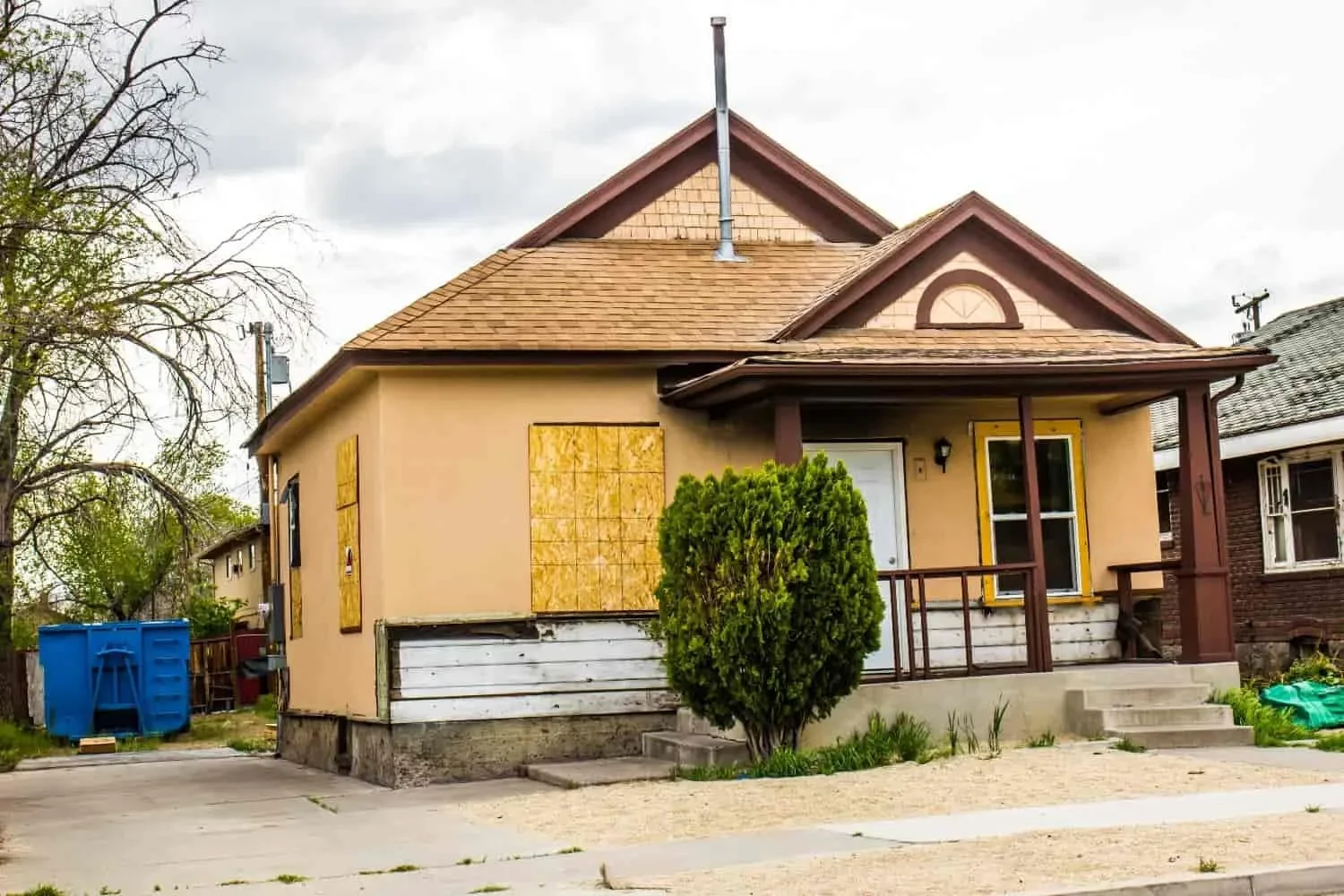How to Sell a House in Michigan With Code Violations? Review Your Options
Whether you’re putting a mid-century ranch on the market, a charming 1920s bungalow on a tree-lined street, or a sleek new-construction modern home, a professional home inspection could reveal building code violations. While that may sound alarming, it doesn’t mean you can’t sell your house. In fact, selling a house with code violations is much more common than most homeowners realize.
Why Code Violations Happen
One of the biggest culprits behind violations is DIY home improvement. Many homeowners try to save money with do-it-yourself projects, but these often fall short of current building standards. As Jared Davis, a seasoned real estate agent and house flipper in Richmond, VA, explains: “Code violations happen all the time—even with professional contractors.”
A frequent issue he encounters? Unpermitted work. For example, one seller added a third bathroom without permits. When the inspector discovered it, the deal collapsed.
What Exactly Are Code Violations?
Most municipalities adopt guidelines from the International Residential Code (IRC), but local governments and HOAs can add their own rules. Codes also evolve regularly—especially safety regulations like the National Electrical Code (NEC), which updates every three years. What passed inspection years ago may no longer meet today’s standards.
Bruce A. Barker, an expert from the American Society of Home Inspectors (ASHI), notes that every jurisdiction can have different rules. That’s why a violation in one city might not apply in another.
Common Code Violations in Homes
While some violations are simple fixes, others may require professional help. Among the most common issues are:
Improper smoke detector placement – every level and bedroom area needs one.
Missing handrail returns – handrails should turn into the wall for safety.
Lack of GFCI outlets – kitchens, bathrooms, and outdoor areas require them to prevent shocks.
Bathroom fans venting into attics – moisture should vent outdoors, not into insulation.
Deck flashing issues – poorly installed flashing can cause leaks and structural damage.
Other recurring violations include polybutylene plumbing, overloaded electrical panels, unpermitted room additions, and non-compliant basement bedrooms without egress windows.
Do You Need to Fix Code Violations Before Selling?
In many cases, the answer is no. You can still sell your house with violations, but it depends on:
Local laws – some safety issues may be required by city code to be corrected.
Mortgage restrictions – FHA and VA loans often prohibit financing homes with major code issues.
Insurance costs – buyers may face higher premiums if the home isn’t up to code.
This means some buyers may walk away if violations aren’t addressed, or they may push for a lower price.
How to Handle Code Violations When Selling
You typically have three main options:
Fix the violations
Small fixes (smoke alarms, outlet upgrades) can be inexpensive.
Larger repairs (electrical panels, plumbing replacement) may be costly but could improve your selling price.
Offer credits or lower the price
Instead of making repairs, you can reduce the asking price or provide concessions at closing.
This is common when violations don’t pose an immediate safety risk.
Sell as-is
Some sellers choose to skip repairs entirely and sell the home “as-is.”
Cash buyers and investors are often willing to purchase homes with violations, though usually at a discount.
Should You Disclose Code Violations?
Absolutely. Most states require written disclosure of known defects, and even if yours doesn’t, honesty helps protect you from lawsuits later. Home inspectors and title companies usually uncover violations anyway, so disclosure is often the safest route.
Conclusion
No home is perfect. While code violations can feel intimidating, they don’t have to derail your home sale. The key is working with an experienced real estate agent who understands local laws, buyer expectations, and financing rules. With the right guidance, you can decide whether to repair, negotiate, or sell your home as-is.

